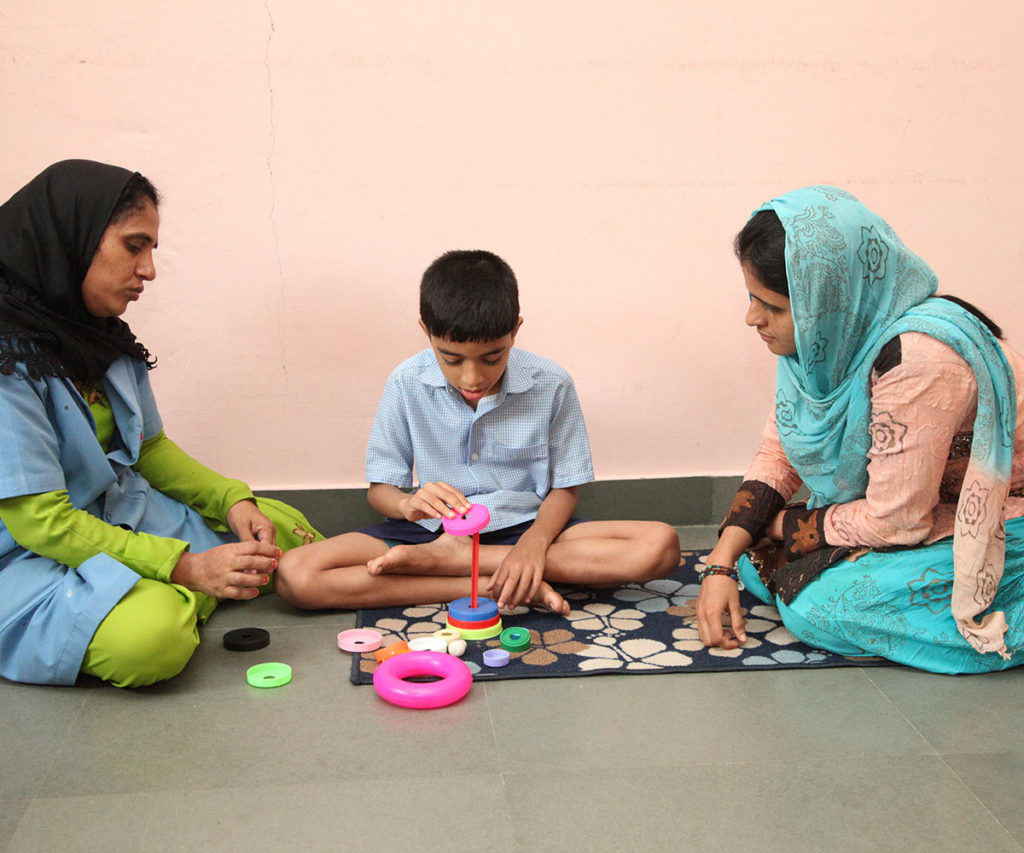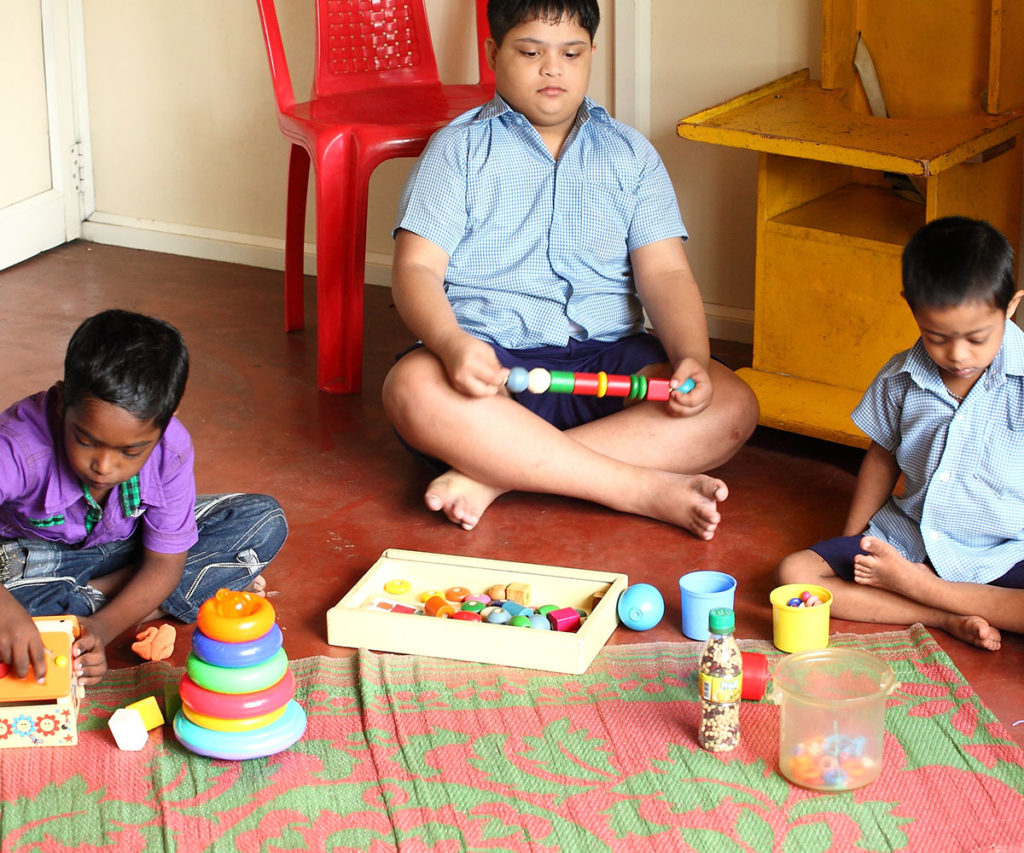Trisomy 21 in Down syndrome
Down syndrome (DS) is a condition in which extra genetic material causes delays in the way a child develops, and often leads to mental retardation. It afDown syndrome (DS) is a condition in which extra genetic material causes delays in the way a child develops, and often leads to mental retardation. It affects 1 in every 800 babies born. The symptoms of Down syndrome can vary widely from child to child. While some kids with DS need a lot of medical attention, others lead very healthy and independent lives. Though Down syndrome can't be prevented, it can be detected before a child is born. The health problems that can go along with DS can be treated, and there are many resources within communities to help kids and their families who are living with the condition Normally, at the time of conception a baby inherits genetic information from its parents in the form of 46 chromosomes, 23 from the mother and 23 from the father. In most cases of Down syndrome, however, a child gets an extra chromosome - a total of 47 chromosomes instead of 46.


